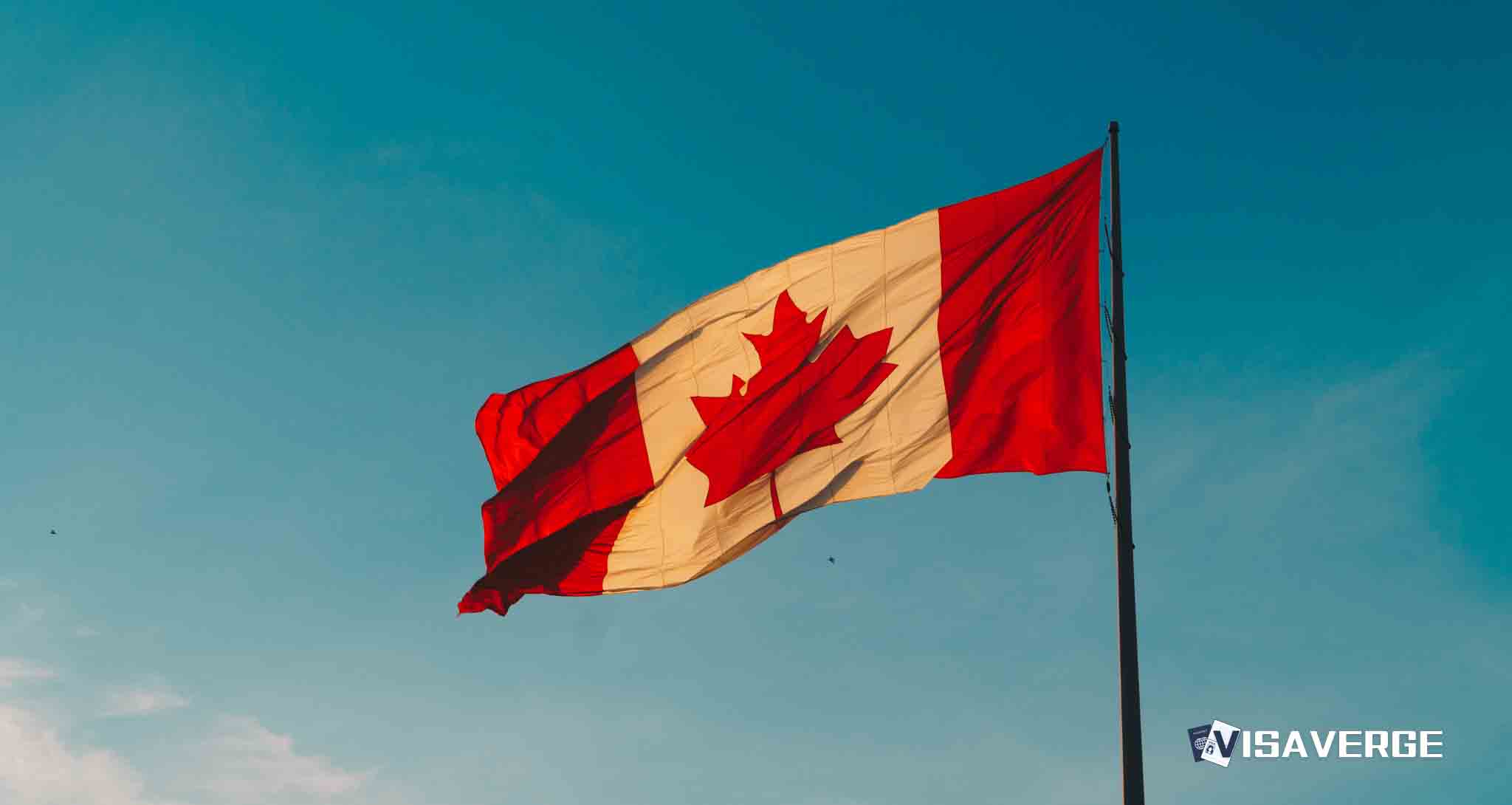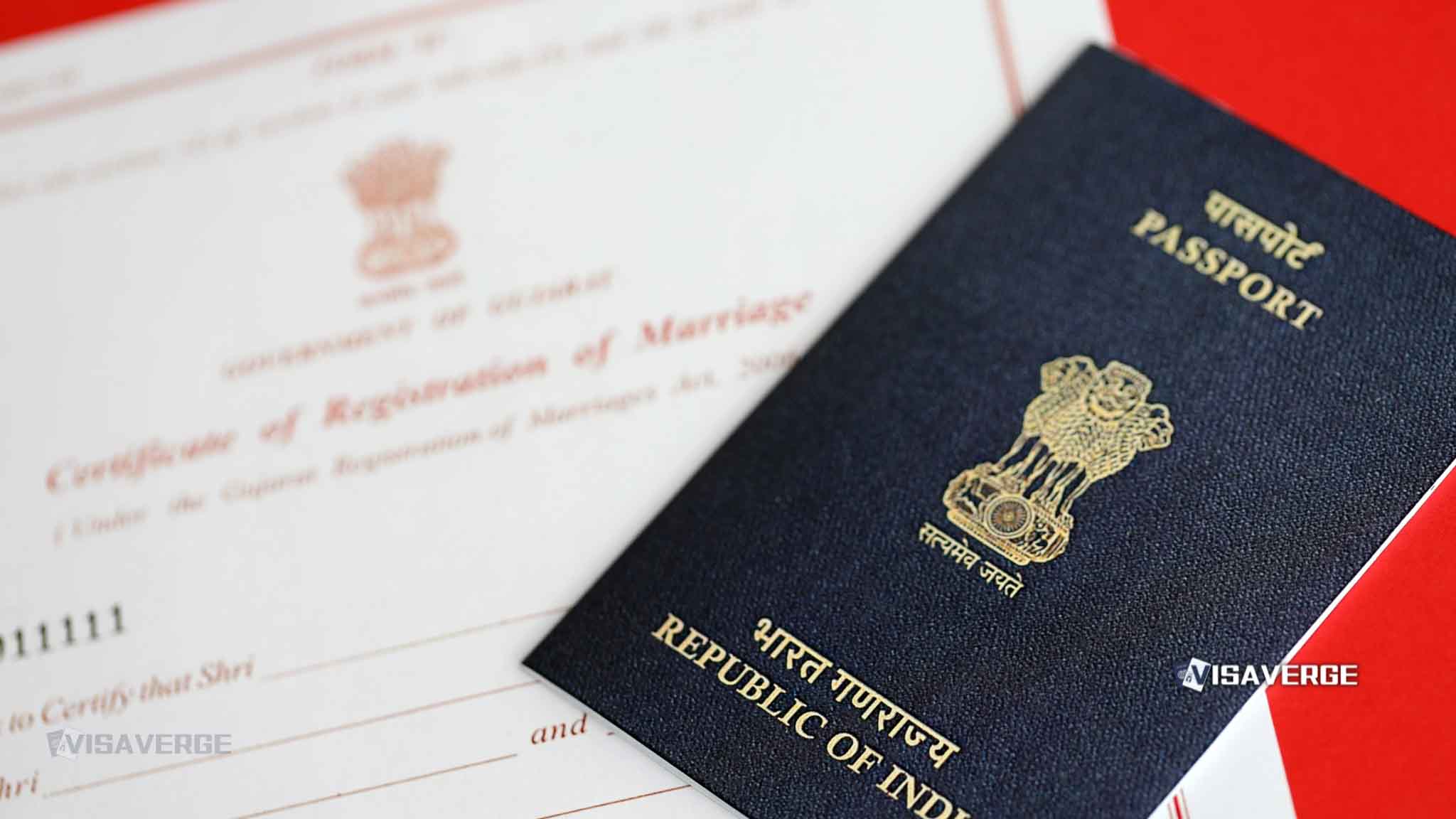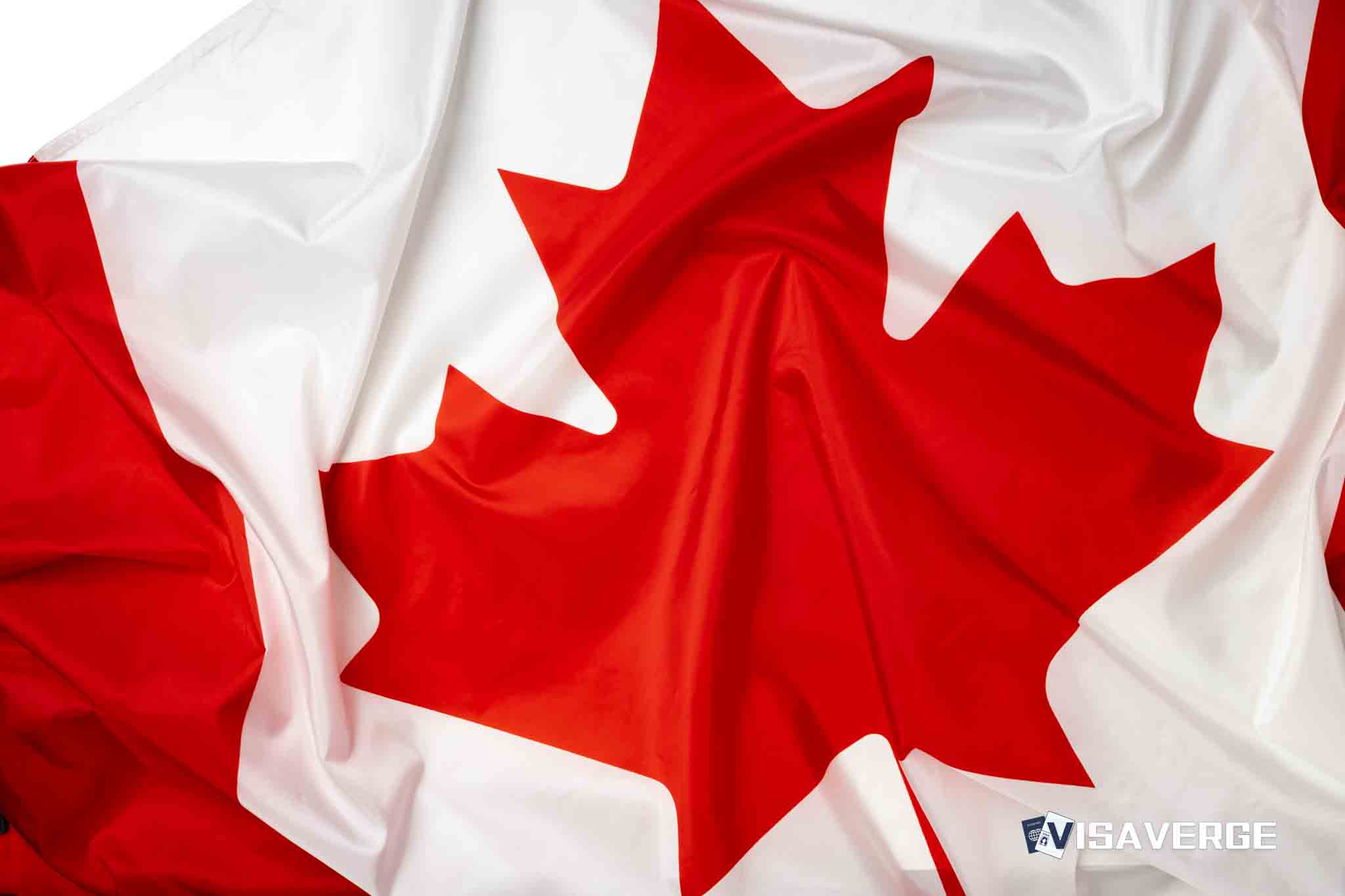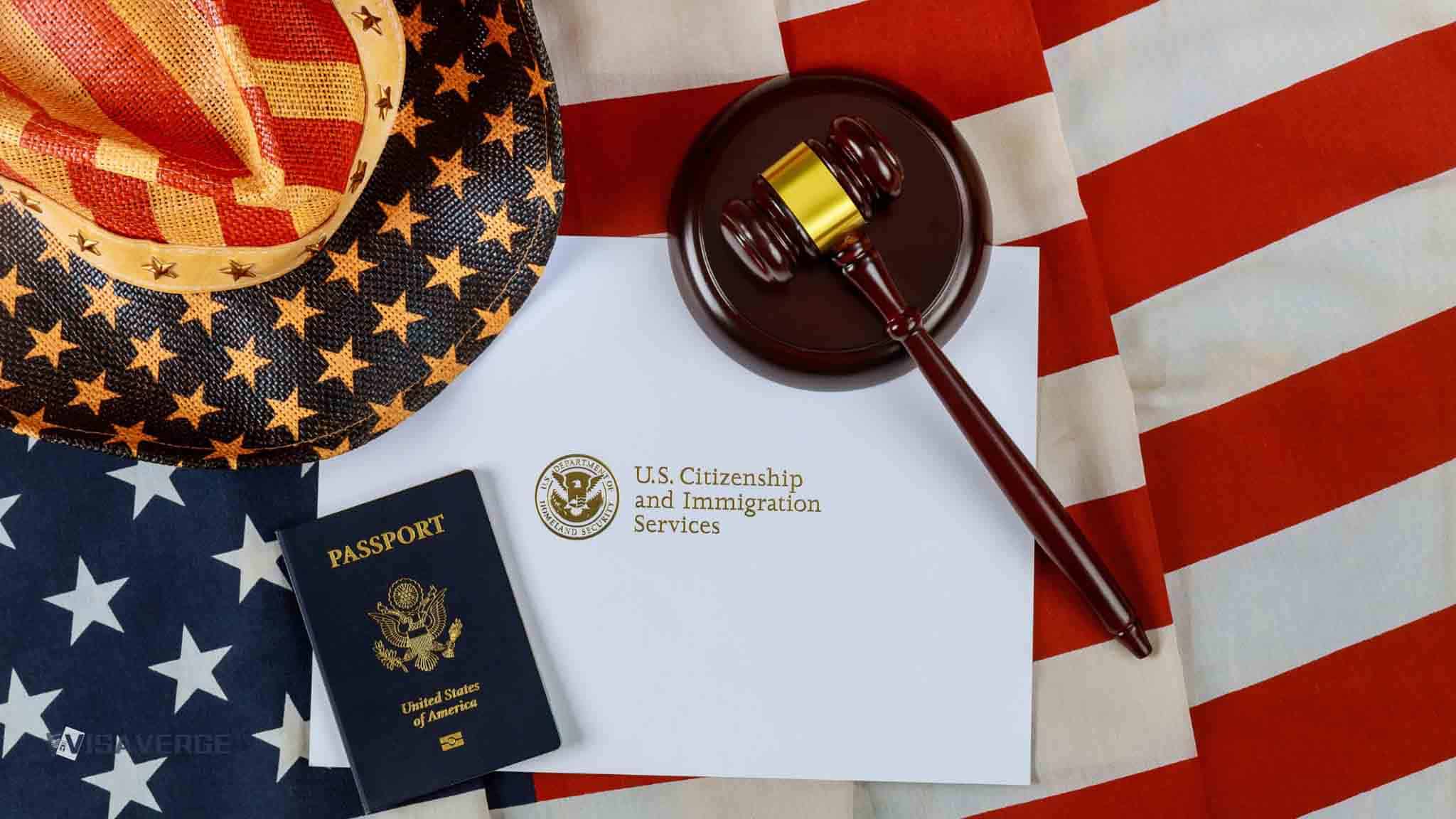A viral video by an Indian influencer urging people to treat childbirth in Canada as a “last option” to secure Canada PR has set off a fierce national debate. The influencer, speaking in Hindi, claimed that having a baby in Canada could later support a humanitarian and compassionate application for permanent residence. The video also warned that this route isn’t guaranteed or safe. Still, the suggestion spread quickly, drawing strong pushback across Canada.
Social media users denounced the advice as an attempt to game birthright citizenship and stretch rules meant for rare hardship cases. Some argued it fuels public anger toward newcomers and risks harsher policies that could hurt genuine applicants. Others noted the high costs, medical risks, and legal hurdles of traveling late in pregnancy and staying long enough to deliver.

According to analysis by VisaVerge.com, the outcry reflects growing anxiety over “birth tourism” claims and a common belief that parents can use a child’s citizenship to unlock immigration benefits. That belief does not match how Canada’s system actually works.
Legal reality: what citizenship does — and doesn’t — do
- Under jus soli, a child born in Canada becomes a Canadian citizen.
- That citizenship does not give automatic PR to the parents.
- Parents must still qualify for PR through established routes such as Express Entry, a Provincial Nominee Program, or family sponsorship (for example, by a spouse or partner).
- The humanitarian and compassionate (H&C) path is intended for rare cases where someone already in Canada faces unusual hardship if forced to leave. It is not a planned fallback or shortcut to PR.
Important: As of October 6, 2025, there is no evidence that giving birth in Canada creates a direct or assured path to PR for the parents.
IRCC’s official guidance on humanitarian and compassionate decisions explains the main factors officers weigh and that approval remains discretionary. Readers can review current rules on the IRCC page:
https://www.canada.ca/en/immigration-refugees-citizenship/services/immigrate-canada/humanitarian-compassionate-considerations.html
How humanitarian and compassionate decisions work
Officers consider multiple factors and exercise discretion. Key considerations include:
- Best interests of any child (a relevant factor, but not dispositive)
- Ties to Canada (community, family, work, study)
- Hardship in the home country
- Applicant’s immigration and criminal history
Authorities and immigration lawyers emphasize:
– The H&C process is discretionary, slow, and heavily documented.
– Misrepresentation or misuse can lead to refusal and legal consequences.
– Approval is never guaranteed.
Key facts families should know
- A Canadian-born child’s citizenship does not grant PR to the parents.
- H&C decisions are case-by-case and never guaranteed.
- IRCC closely scrutinizes claims, and misrepresentation can have serious consequences (refusal, removal, bars to re-entry).
- Traveling to Canada to give birth brings high medical costs if uninsured, plus visa and timing risks (airline restrictions, visa scrutiny).
Practical risks of relying on viral advice
The influencer encouraged viewers to comment for details while also advising consultation with a lawyer. Critics said this mixed message minimizes the real dangers of relying on online tips for life-changing choices.
Immigration lawyers warn that people who:
– overstay,
– breach visa terms, or
– provide untrue information
can face removal and long re-entry bans. Those outcomes can leave a young family in a far worse position than before.
Historical and public debate context
Debate over “birth tourism” has flared previously. For example:
– A Canadian citizen, Chad Eros, alleged Indian women were traveling to Canada to deliver and later use family channels to expand PR access.
– Some advocates seized on such claims to push for tighter rules.
– Opponents pointed out most visitors who deliver in Canada pay their bills and follow the law, and that PR pathways remain demanding.
Political response and community impact
The uproar prompted calls for Ottawa to tighten policy. Reactions included:
– Demands for stricter controls and references to Bill C-3 from critics urging action.
– Warnings against rushed reforms that could harm real families or push vulnerable people toward riskier choices.
Community and service-provider concerns:
– Immigrant communities worry the “parasite class” label could fuel xenophobia.
– Health workers and settlement groups stress pregnant visitors need clear, honest information about costs, insurance, wait times, and care options.
– Hospitals have reported unpaid bills in some cases; others arrange payment or private insurance. Reality varies by city, province, and insurance status.
If you already have temporary status in Canada
If a family is already in Canada on temporary status and has a child born here:
– The child’s citizenship can be a factor in an H&C application—especially regarding the child’s best interests.
– But it is only one factor among many: ties to Canada, community support, length of stay, work or study history, and hardship if returned are also important.
– A weak H&C case will not pass simply because a baby is Canadian.
If a child requires medical care available in Canada but not at home, that can weigh strongly — but every case turns on evidence. Families should gather:
– medical records,
– letters of support,
– proof of community ties,
– and seek licensed legal advice.
Even with good preparation, approval is never certain. A denied claim can lead to removal, and filing a weak or abusive claim can close doors later.
Practical travel and timing issues
The video also raised timing concerns. Practical risks include:
– Airlines restrict flying late in pregnancy.
– Visa officers may question travel if timing suggests birth plans and could refuse a visa.
– Visitors must be able to prove they’ll obey entry terms, pay medical bills, and leave on time if required.
– Medical costs without insurance can be substantial.
None of this resembles an easy “hack”; portraying it as such can mislead people into dangerous choices.
Takeaway
- Birthright citizenship in Canada stands, but parents gain no automatic status.
- Humanitarian and compassionate cases remain exceptional, not a planned route to PR.
- Families should focus on legal, proven pathways and avoid viral shortcuts that could cause lasting harm.
Final warning: People who chase risky “last option” tactics may end up further from Canada PR, not closer. Seek licensed legal advice and document evidence carefully if pursuing any exceptional application.
This Article in a Nutshell
A viral video by an Indian influencer claiming childbirth in Canada could bolster a humanitarian and compassionate (H&C) permanent residence claim triggered a strong public response. While Canada’s jus soli grants citizenship to children born on Canadian soil, that status does not automatically confer permanent residence on parents. H&C applications remain discretionary and require strong evidence of unusual hardship; approvals are rare. Immigration officials and lawyers warn that attempting to use birth as a planned route to PR risks visa refusals, removal, legal consequences, and substantial medical and travel costs. Authorities emphasize using established immigration pathways, consulting licensed lawyers, and avoiding online shortcuts that could worsen families’ situations.













